This is Julianna.
She’s obsessed with asking better questions.
At the helm of the Hannah Grimes Center for Entrepreneurship, Julianna Dodson is reimagining what rural resilience looks like—through curiosity, community, and an unshakable belief in people. For her, economic growth isn’t about unchecked expansion. It’s about regeneration, relationships, and building systems that support both people and planet for the long haul.
She talks openly about tough truths—plastic waste, overconsumption, economic inequality—and still, she remains fiercely hopeful. Her optimism isn’t naive. It’s rooted in a deep trust in human ingenuity, collective care, and the small, powerful acts of doing things differently.
Julianna Dodson is Executive Director of the Hannah Grimes Center, where she creates space for rural leaders to connect, dream, and build an economy that works—for everyone.
Links & notes:
This episode was recorded at the Hannah Grimes Center for Entrepreneurship in Keene, NH
Music provided by Sneaky Miles
Youtube
Episode Summary
*This episode summary was generated by an AI analyzing a transcript of the interview. The questions, wording, and written meaning of particular sections may contain slight differences to the original conversation. We include these summaries to give listeners a brief, readable synopsis of the episode. The full episode transcript is available on granitegoodness.com.
Would you describe yourself as an optimist?
Yes, we consider ourselves optimists, but we don’t shy away from hard truths. We believe true beauty and progress come from acknowledging and confronting difficult realities with curiosity and openness.
What drives your work at the Hannah Grimes Center?
We're deeply committed to supporting rural communities, including our own, through the tools that we have. Our work is grounded in helping relieve suffering in the present and simultaneously building the world we want to see in the future.
What’s been inspiring your thinking lately?
We've been exploring regenerative economic models—also called many other things like ecological or well-being economics. These ideas challenge the traditional focus on compound growth of GDP and instead center on community well-being, ecological thriving, and meaningful relationships.
How are you applying regenerative principles in your personal life?
Our family is experimenting with going plastic-free, not just as an environmental choice, but as a way to better understand and challenge the systems of unnecessary consumption and waste that affect both people and the planet.
Why do you think traditional economic models fall short?
While past growth improved lives, we’ve overshot in many areas—environmentally and socially. Despite immense economic growth, many people still don’t have enough, and ecosystems are under severe stress. It’s time to rethink what growth means and whether it’s always beneficial.
What’s the role of the Hannah Grimes Center in creating change?
We aim to build deep relationships, not just scale for scale’s sake. Our philosophy is about supporting one person, one idea, one initiative at a time—and fostering an ecosystem that balances social, ecological, and economic needs.
What was the impact of the Radically Rural summit this year?
It was transformative. We gathered rural leaders to share innovative ideas. What stood out was the national collaboration and open-source sharing—no one has to reinvent the wheel.
How did the regenerative economy session come about?
We realized we needed space to explore these ideas ourselves. So, we hosted a Friday morning donut-fueled session on regenerative economics. It exceeded expectations—nearly 50 people came, showing there’s real hunger for these conversations.
Why was that session so meaningful?
It felt like a turning point—seeing others equally eager to reimagine the economy gave us deep hope. There was relief in realizing we weren’t alone in wanting to approach it differently.
How do you balance personal values with professional work?
We try to align our personal and professional lives by being intentional about the communities we build, the questions we ask, and the systems we support. Our work at Hannah Grimes reflects our deepest values about human dignity and planetary care.
What role does optimism play in this kind of systemic work?
Optimism doesn’t mean ignoring problems—it means believing we can face them together and create better systems. Real, grounded optimism helps us stay committed even when the work is hard or messy.
How do you respond to criticism or differing opinions about this work?
We welcome it. Some people saw the regenerative economy session as a “downer,” but we saw it as deeply hopeful. It revealed how many people are ready to have courageous, complex conversations about the future.
What’s next for you and the Hannah Grimes Center?
We’ll keep cultivating the conditions for positive change. Whether it’s through study groups, summits, or community projects, our goal is to help individuals and communities thrive in ways that are relational and rooted in care.


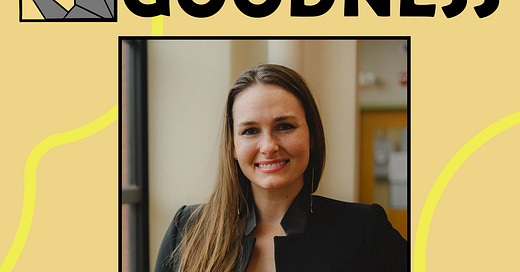


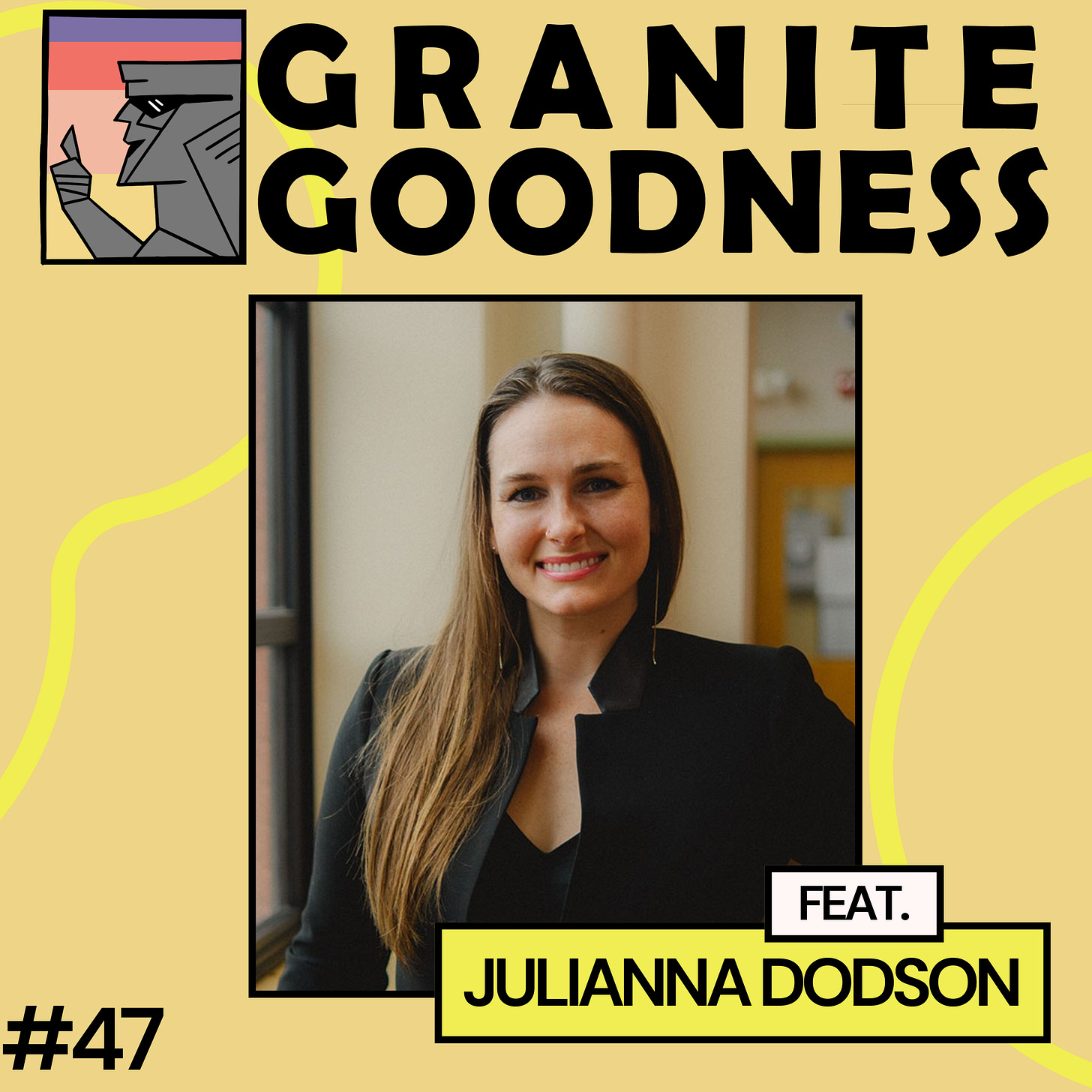

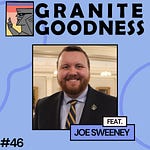
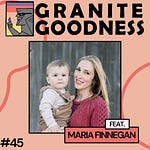
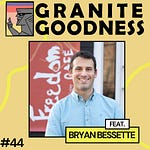
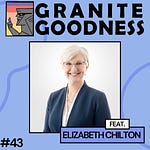
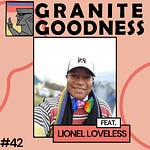
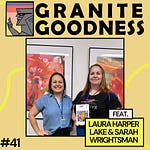
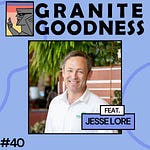
Share this post